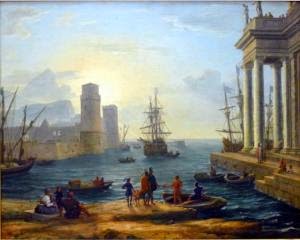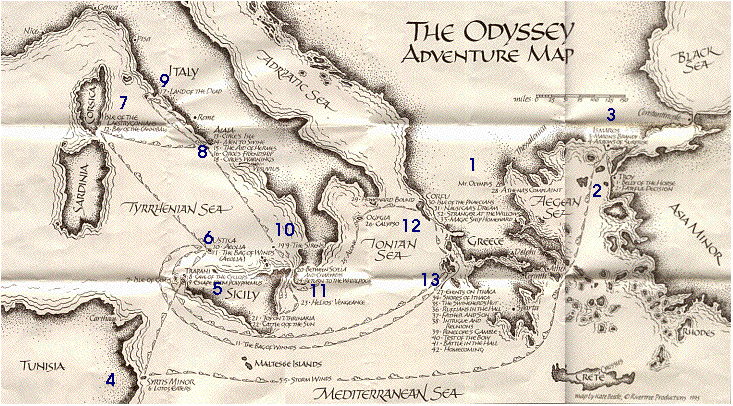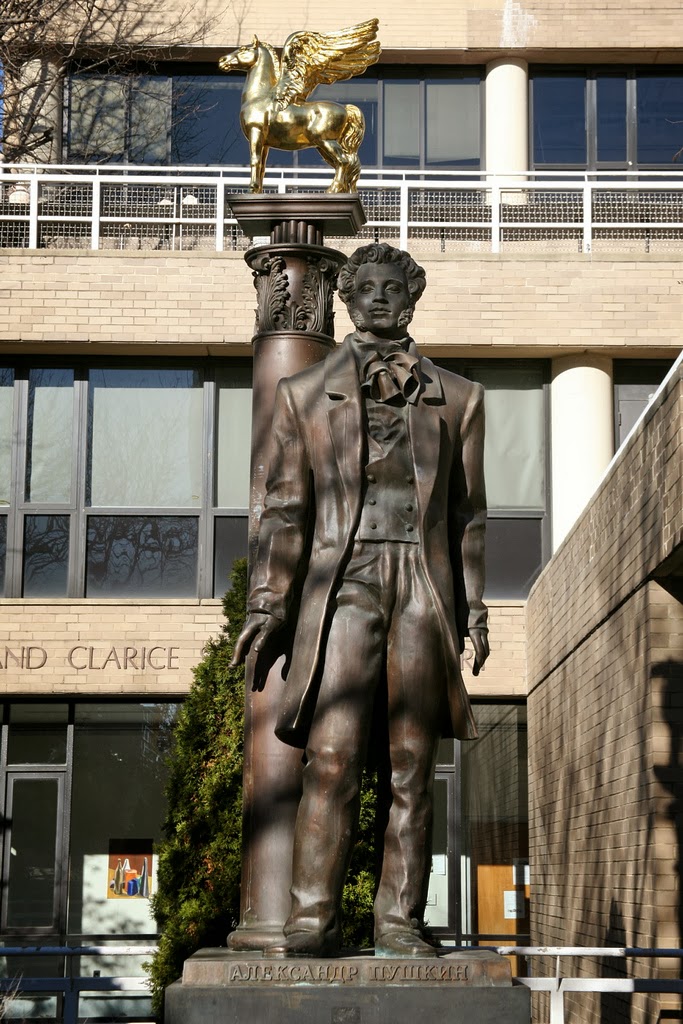 |
| John Milton (1629) National Portrait Gallery, London source Wikipedia |
I always have such good intentions to start reading poetry on a regular basis, but somehow those good intentions get backlogged. So I thought that the least I could do is to post a poem every now and then on my blog. Who knows, I may even start a full-fledged poetry project one day …….. but not yet …….
This poem is by John Milton, best know for his work, Paradise Lost, which I read earlier this year and reviewed here. As you read through the poem you can perhaps discover two main themes. Have you found them yet? The focus in this poem is on “dawn” and, of course, “May.” In fact, if you found the first theme, you will then know that this ten-line poem is an aubade. What is an aubade, you ask? I didn’t know either. The definition of an “aubade” is “a poem or piece of music appropriate to the dawn or morning.” Do you notice “song” in the title of the poem? It appears that Milton covered the definition very thoroughly. And, in honour of my Language Freak Summer Challenge, did you know that “aubade” translated into French, Spanish, German, Italian and German is “aubade”? However in Japanese it is オーバード.
 |
| Yellow Cowslips Photo courtesy of Caroline source Flickr |
The poem mentioned both primroses and yellow cowslip. I am familiar with primroses but had no idea what cowslip looked like, so I investigated. As you will see from the photo above, I found a picture of beautiful yellow cowslip. Yet it only took me a moment to realize that strangely the cowslip looked very similar to …………. primroses (see photo below) ………… :-Z
 |
| Primroses Photo courtesy of Pirate_Renee source Flickr |
More investigation revealed that primroses, or Primula Vulgaris, are actually a family of flowering plants, of which cowslip is one. I must say I was rather disappointed. In this poem, not only would you think that “bounteous May” would be able to produce more than one type of flower, but also that Milton would have the creativity to include more natural variety. Oh, well. At least I learned something.
And so, as you read through this poem, do any particular words stand out for you? What feelings does it evoke? What images does it bring to your mind?
And welcome bounteous, flowry, May!
















